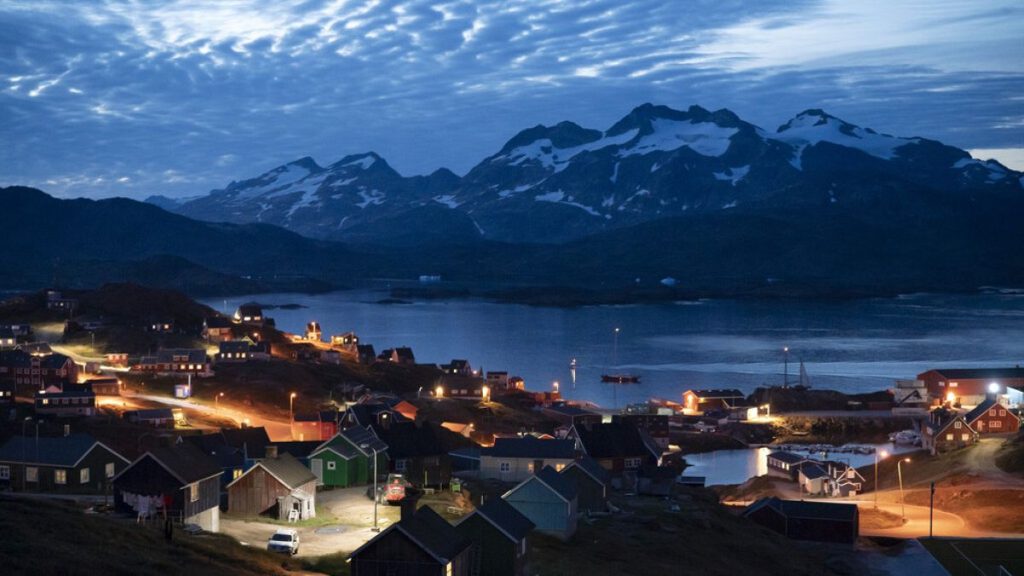Greenland, the world’s largest island, is on the cusp of a potential historical shift, with its Prime Minister, Mute Egede, publicly advocating for full independence from Denmark. This call for sovereignty resonates with a growing sentiment among Greenlanders, fueled by a desire for self-determination and a re-evaluation of the historical relationship with Denmark. Egede’s New Year’s address highlighted the perceived inadequacies of the current arrangement, characterizing it as falling short of true equality and burdened by the remnants of colonialism. He stressed the need to break free from these perceived shackles and chart a new course for Greenland as an independent nation. This push for independence is not a recent phenomenon, but rather a culmination of historical grievances and a growing desire to control the island’s destiny.
The island’s history with Denmark is complex, dating back centuries to colonization. While Greenland gained home rule in 1979, the relationship has remained fraught with unresolved issues, including lingering economic dependence and a growing awareness of past injustices. Recent revelations of historical misconduct by Danish authorities, such as the forced sterilization of Greenlandic women in the mid-20th century, have further fueled calls for a complete separation. These historical injustices have resurfaced in the collective consciousness of Greenlanders, adding weight to the argument for self-governance and a complete break from the past. The desire to control their own narrative and rectify the wrongs of the past is a driving force behind the independence movement.
Egede’s call for independence coincided with renewed international attention on Greenland’s status, sparked by former US President Donald Trump’s reiterated interest in purchasing the island. This proposition, met with firm rejection from both Greenland and Denmark, underscored the geopolitical significance of the Arctic territory and its vast natural resources. Greenland’s strategic location, rich mineral deposits, and potential for oil and gas exploration make it an attractive prospect in an increasingly competitive global landscape. This renewed international interest, while unwelcome in its specific form, further highlighted the importance of Greenland’s future and the need for Greenlanders to determine their own path.
While the prospect of independence is alluring, it comes with significant challenges. Greenland’s economy is heavily reliant on annual subsidies from Denmark, amounting to approximately €500 million. Achieving economic self-sufficiency would require strategic development of its resource sector and diversification of its economy. This would necessitate careful planning, significant investment, and potentially the forging of new international partnerships. Balancing economic stability with the desire for independence is a key challenge for Greenland’s future.
The potential for resource exploitation also raises concerns about environmental sustainability and the delicate balance of the Arctic ecosystem. Greenland is home to unique flora and fauna, and any development of its resource sector must prioritize environmental protection and mitigate the potential impacts of climate change. The island is already experiencing the effects of global warming, with melting ice sheets and rising sea levels posing significant threats to its environment and infrastructure. Balancing economic development with environmental responsibility is a crucial challenge for Greenland’s future.
The path towards independence is complex and fraught with challenges, but the momentum is building. Egede’s suggestion of holding an independence referendum alongside parliamentary elections in April signals a concrete step towards realizing this ambition. The outcome of such a referendum would have profound implications for Greenland, Denmark, and the geopolitical landscape of the Arctic region. The decision rests ultimately with the people of Greenland, who must weigh the potential benefits of independence against the challenges of self-sufficiency and the responsibility of safeguarding their unique environment for future generations. The world watches as Greenland navigates this pivotal moment in its history, poised on the brink of a potential transformation.














